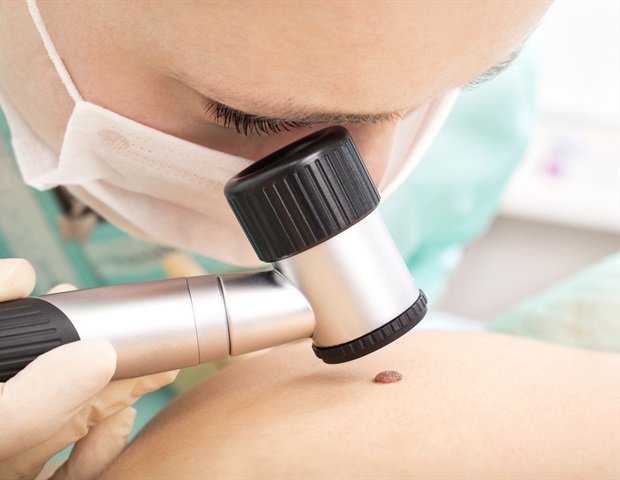
Hepatocellular carcinoma (HCC) is without doubt one of the most prevalent malignancies globally and is the third main reason for cancer-related deaths. The first healing therapies for HCC are liver transplantation, hepatectomy, and native ablation. Nevertheless, the recurrence price of HCC following hepatectomy or ablation stays alarmingly excessive, as much as 70%, severely impacting affected person prognosis and total survival (OS). To mitigate postoperative recurrence and enhance affected person outcomes, numerous adjuvant therapies have been explored. Regardless of the efficacy of a number of adjuvant therapies in lowering recurrence charges and enhancing survival, there isn’t any standardized consensus on their utility throughout nationwide tips, resulting in important disparities in suggestions between Japanese and Western medical practices.
HCC recurrence can usually be categorized into two classes: early recurrence, which generally happens inside two years post-treatment, and late recurrence, which happens after two years. Early recurrence is usually linked to intrahepatic micrometastases or microthrombi from the first tumor, whereas late recurrence is normally related to multicentric new tumor formations. Danger elements for early recurrence embrace giant tumor measurement (>5 cm), a number of tumors, the presence of satellite tv for pc lesions, lack of a tumor capsule, tumor rupture, non-anatomical resection, slim resection margins (≤2 cm), excessive alpha-fetoprotein ranges (≥400 ng/mL), and microvascular or macrovascular invasion. Conversely, late-recurrence threat elements embrace liver cirrhosis, greater hepatitis exercise grades, and poor tumor classification.
The first goal of adjuvant remedy following native therapies like hepatectomy or ablation is to cut back the recurrence price and thus enhance recurrence-free survival (RFS) and OS. The selection of adjuvant remedy needs to be guided by the danger elements particular to early or late recurrence.
- Antiviral Remedy: For sufferers with hepatitis-related HCC, antiviral remedy goals to inhibit long-term viral replication, scale back liver injury, forestall illness development, and in the end lengthen survival. For HCV-related HCC, sustained viral eradication utilizing interferon-based or interferon-free regimens considerably reduces recurrence. Equally, for HBV-related HCC, nucleos(t)ide analogs corresponding to tenofovir and entecavir are advisable. Research have proven that tenofovir is especially efficient in lowering recurrence and bettering survival in comparison with entecavir.
- Transarterial Chemoembolization (TACE): That is usually used as an adjuvant remedy for sufferers at excessive threat of intrahepatic metastasis. TACE targets disseminated tumor cells which have unfold from the first tumor, serving to to cut back early recurrence by successfully eliminating residual tumors.
- Immune Checkpoint Inhibitors (ICIs): Latest tips, notably in america, have begun to incorporate suggestions for ICIs within the adjuvant setting. ICIs assist enhance the physique’s antitumor immunity and have proven promise in lowering recurrence charges and bettering survival outcomes in HCC sufferers.
Regardless of the promising outcomes of assorted adjuvant therapies, there stay a number of unanswered questions and challenges. The shortage of a universally accepted normal for adjuvant remedy in HCC highlights the necessity for additional analysis and medical trials to determine clear tips. Furthermore, the stability between the advantages and potential antagonistic results of adjuvant therapies should be rigorously thought of to optimize affected person outcomes. Future research ought to goal to refine affected person choice standards for adjuvant therapies, tailoring therapies primarily based on particular person threat profiles to maximise efficacy and decrease hurt.
In conclusion, whereas important strides have been made within the improvement of adjuvant therapies for HCC, ongoing analysis and worldwide collaboration are important to standardize remedy protocols and enhance the prognosis for HCC sufferers worldwide.
Supply:
Journal reference:
Li, L., et al. (2024). Adjuvant Remedy for Hepatocellular Carcinoma After Healing Remedy: A number of Unanswered Questions. Journal of Scientific and Translational Hepatology. doi.org/10.14218/JCTH.2024.00030.

